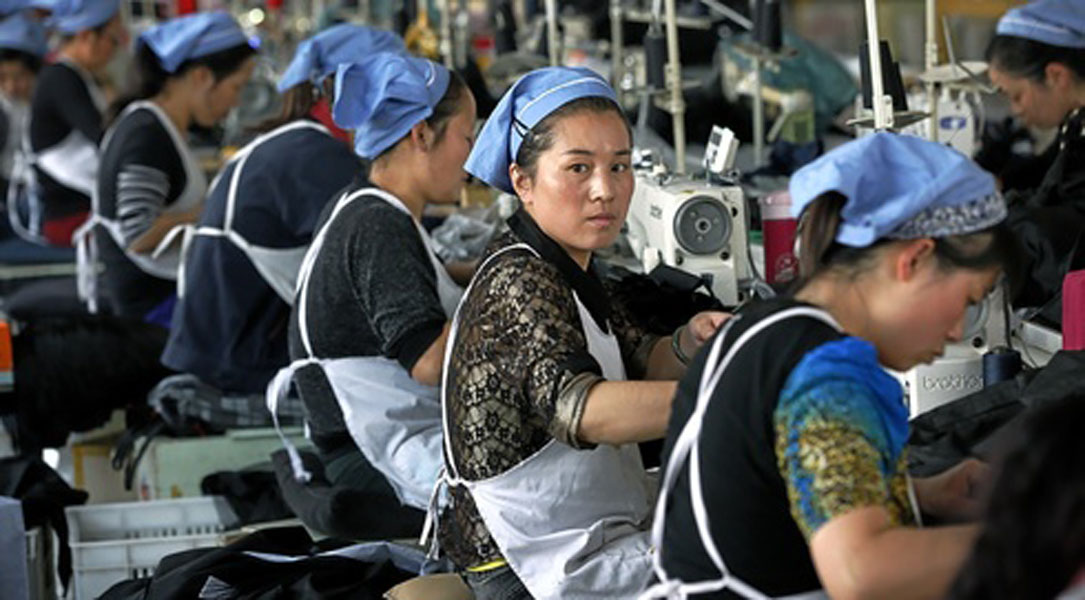France. Macron confirms he will pursue Pension Reform
French President Emmanuel Macron has announced a series of economic measures, looking beyond the pandemic, although the much-anticipated pensions reform will be delayed until Covid is "under control". Obligatory vaccines and the extension of the health pass made the headlines following Macron’s live TV address on Monday evening, but the President also sketched out his vision for France’s post-Covid economy. Some of the measures he announced represent a return to the priorities he set at the beginning of his tenure, while...










